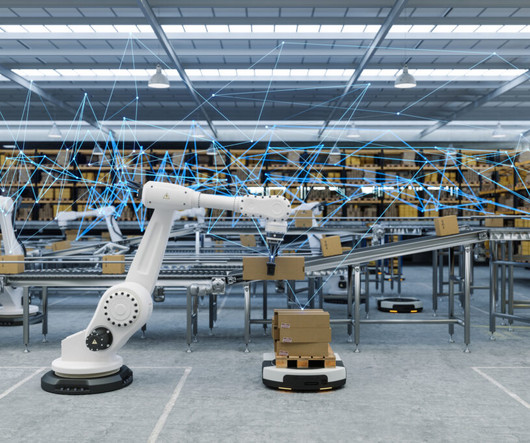How AI and Automation are Transforming Manufacturing Supply Chains
Jaggaer
APRIL 9, 2025
The Manufacturing Supply Chain Journey through AI and Automation Manufacturing Supply Chains Explained The manufacturing supply chain comprises all the processes a business uses to turn raw materials and components into final products that are ready to be sold to customers, whether these are consumers or other businesses.











Let's personalize your content